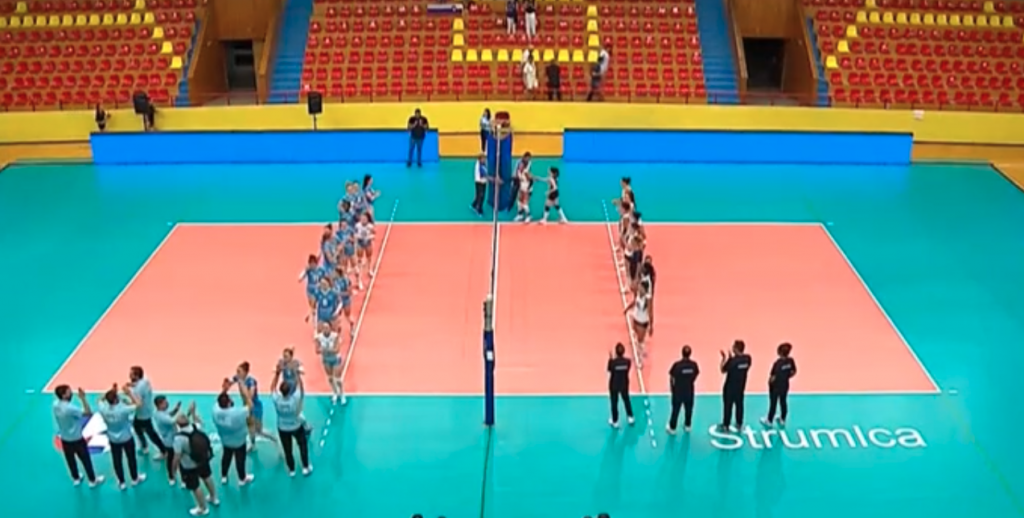
Two seconds. A line of athletes, cameras humming, the familiar rhythm—and then no handshake. After Slovenia–Israel, that tiny non-moment swallowed the whole match. Why did it feel so heavy? Because a handshake isn’t just choreography. It’s a soft promise: we fought hard, and now we see each other as people again.
Skipping it slices across that promise. In an official match, where a jersey carries a flag and represent country, the refusal lands loud. And yet—athletes aren’t props. They are carrying emotions—the ache of war and grief. Conscience doesn’t wait politely outside the arena; it walks in with them, sits on the bench, fidgets during timeouts.
What tangled things here, I think, is the gap between personal conviction and a team’s public face. From the clips and talk around the game, coaches and the federation weren’t looped in, even the staffs exchanged greetings. That mismatch made the moment feel like an ambush—on opponents, officials… Still, asking young players to park their feelings at the locker-room door? That isn’t realistic either. You can almost hear the internal tug: be respectful, be honest. Pick one. Oof.
And then there’s the consistency itch. International sport hasn’t handled geopolitics with one clean rule. Some national programs are out, sanctions fly, yet club leagues in those same places keep moving and contracts get signed. A Slovenian international refused a handshake on national duty but also—perfectly within today’s rules—play in a Russian league (Under sanctions and barred from international competition due to the invasion of Ukraine). Hypocrisy? Maybe. Or maybe it’s the awkward truth that personal beliefs, professional commitments, and the tangled map of world sport rarely line up neatly. We’ve basically asked individual athletes to tidy contradictions that governments, and politicians haven’t solved.
We love to say sport is “above politics.” History just shakes its head. Boycotts, armbands, kneeling, moments of silence—games have always been a stage where the rest of life shows up uninvited. Pretending otherwise only guarantees more collisions like this one.
So what about the people in front of us, right now? The player across the net isn’t a policy paper. A refused handshake may mean “I object to your state’s actions,” but it can land as “I don’t see you.” That hurts. And it follows both athletes into club season, into shared locker rooms, into the small talk nobody really wants to have.
As for punishment—some are calling for it. I get the impulse. But it feels off. These are young women reaching, clumsily to some and bravely to others, for a way to say: we see suffering; we care. Intent isn’t everything, impact matters, yes. Still, teaching beats shaming. Conversation beats spectacle. If the game is supposed to humanize us, start there.
So what’s the verdict? Honestly, there isn’t a clean one. Reasonable people will read the same gesture in opposite ways: principled protest to some, breach of sporting courtesy to others. Both interpretations have weight. What the moment does clarify—without picking a side—is that sport and conscience aren’t strangers, and that rituals we take for granted carry meanings that shift under pressure.
Maybe that’s the only solid ground we get: hold the person in front of you with respect, let conscience speak without turning rivals into targets, and admit the world is complicated while we’re trying—imperfectly—to play it fair. It’s not a solution wrapped with a bow. But it’s a way to keep the door open to each other, even when the handshake goes missing.
- CEV CL W: Vero Volley Milano Too Strong for Olympiacos
- CEV Champions League Deliver Another Big Night
- Conegliano Sweep Zeren to Seal Champions League Quarterfinal Spot
- CEV CL W: DevelopRes Rzeszów Defeat Marica Płowdiw
- GRE M: Olympiacos Confirm Signing of Marko Sedlacek